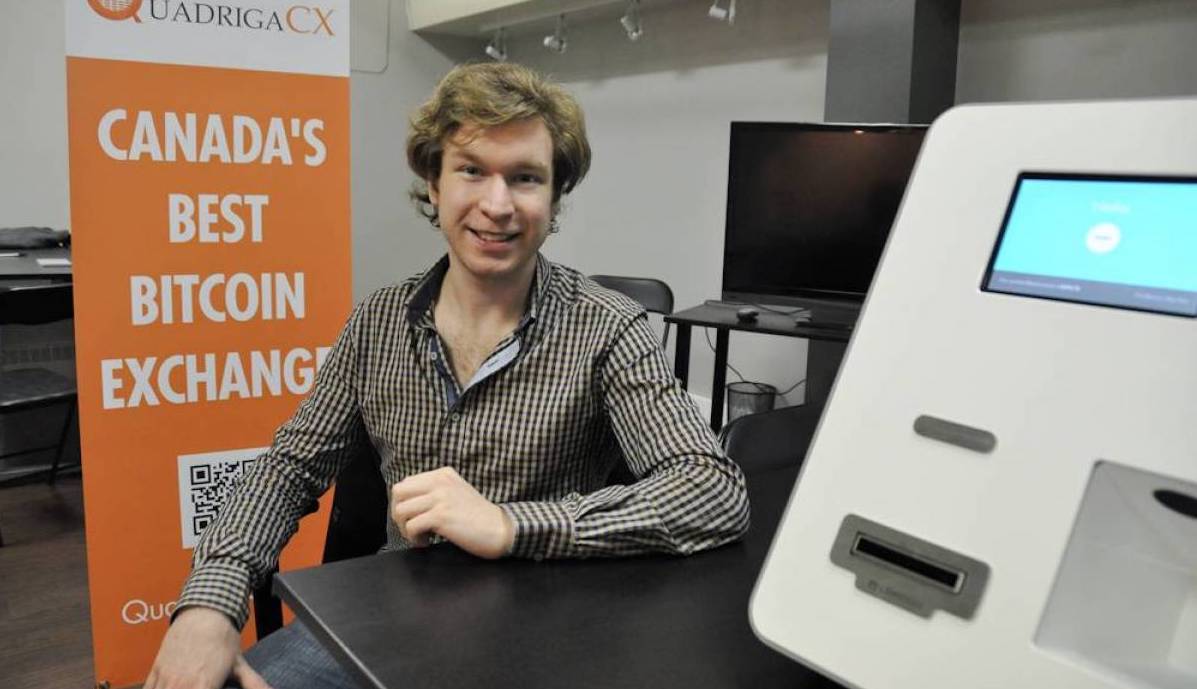Death of Cryptocurrency Exchange Founder Exemplifies the Importance of Securing Digital Assets
We all know that Rule Number One of online security is “Never share your passwords.” That’s great advice…unless those passwords literally hold the only key to $140 million belonging to your 115,000 clients.
Feature image photo credit: STEPHEN HUI
In December 2018, Gerald Cotten, founder of Canadian cryptocurrency exchange QuadrigaCX, died from complications of Crohn’s Disease while helping to build an orphanage in India. Cotten built and managed the company from his password-protected home laptop, and was the only person to move funds in and out of the company’s crypto vaults. Although others in the company–including his wife, who took over as leader of QuadrigaCX after Cotten’s death–have tried to break into the laptop to recover the access keys to the vaults holding $140 million, all attempts to date have been unsuccessful. WIthout this top-level access, clients have absolutely no access to their funds, and potentially no recourse to recover their losses.
Unlike non-crypto technology companies and federally-regulated financial institutions, cryptocurrency startups are not required to demonstrate any level of risk management or governance like password redundancy. As the QuadrigaCX saga drags on, the crypto world is waiting, watching, and learning what not to do so this never happens again.
Avoiding your own QuadrigaCX situation
Despite this cautionary tale, sharing passwords is still taboo–and it should be. The same goes for using an easily-guessed password or security multiple devices or programs using the same password. But with the proliferation of online-only billing, account management, and other important aspects of your daily life, what would happen if you passed away? Would they know what bills you paid online, and how to access those payee’s sites? Would they be able to access your retirement account online? Would anyone even know how many financial assets like investments accounts which you managed entirely online without the need of paper statements?
If Gerald Cotten’s untimely death–he was only 30–tells us anything, it’s that it’s never too early to ensure that every aspect of your estate is in order and those plans are secure. Unfortunately, only four in ten older Americans have an “exit strategy” in place.
Luckily, for those of us who live most of lives online, there are some nifty new estate planning web-based programs and apps that not only define our final wishes but also store and protect important digital documents.
How Can I Help Families Avoid Digital Lockouts?
Everplans, a platform that allows users to create and store your retirement and end-of-life plans online, recently rolled out a consumer version to complement its suite of tools originally built for financial advisors. For only $75 per year, an Everplan subscription provides up to 5gb of storage in a digital vault to keep your personal and household information, final wishes, uploaded documents (wills, trusts, directives, insurance policies), and account/password details. In addition, Everplans allows you to invite “deputies” who can then access your plan and locate documents virtually using their own login information. Everplans secures your account and data with “bank-level” encryption and requires two-step authentication to access your account if you misplace your password or its stolen.
Another online estate planning option, Whealthcare Planning, offers similar options, but with a focus on managing the transition of financial and healthcare decision-making authority. For example, through your Whealthcare portal you can create a personalized financial caretaking plan meant to assist your family members take over seamlessly when you can no longer manage on your own. This plan also helps point out gaps in your retirement and estate plans and identifies traits that might put you at risk for poor financial decision-making or financial abuse.
Outside of these all-encompassing planning tools, there are other ways to ensure that your loved ones have access to your online assets in case of an emergency. LastPass, a password storage and security program, offers options to securely manage and share your own passwords or those of your entire family in one place, using only a single family password to access your personal vaults.
Although most of us don’t hold hundreds of millions of dollars in assets of 115,000 people on our personal laptops or mobile devices, the QuadrigaCX story is one that should make us all think twice about who will take over our digital lives when the time comes.




